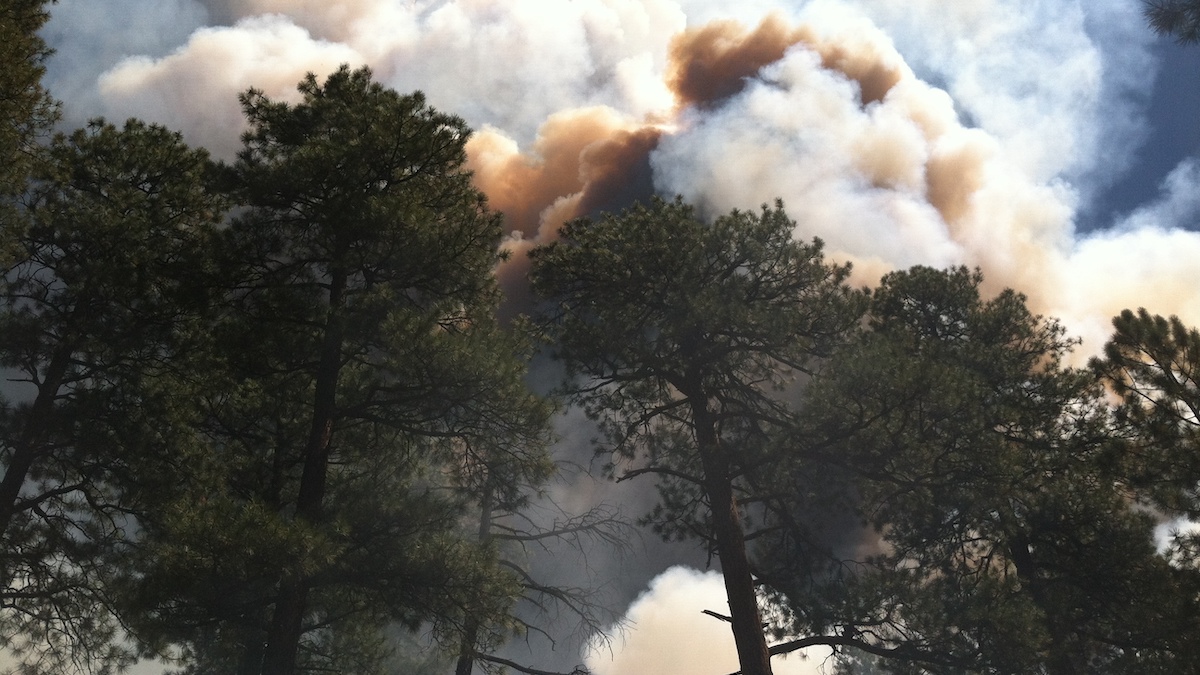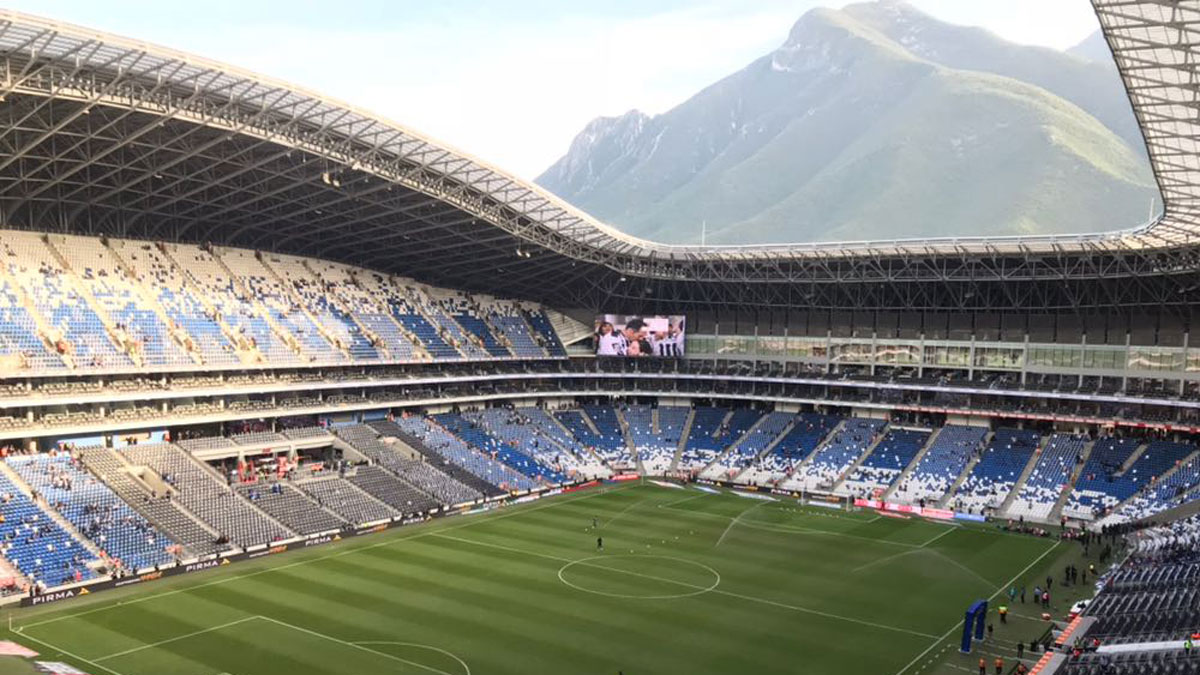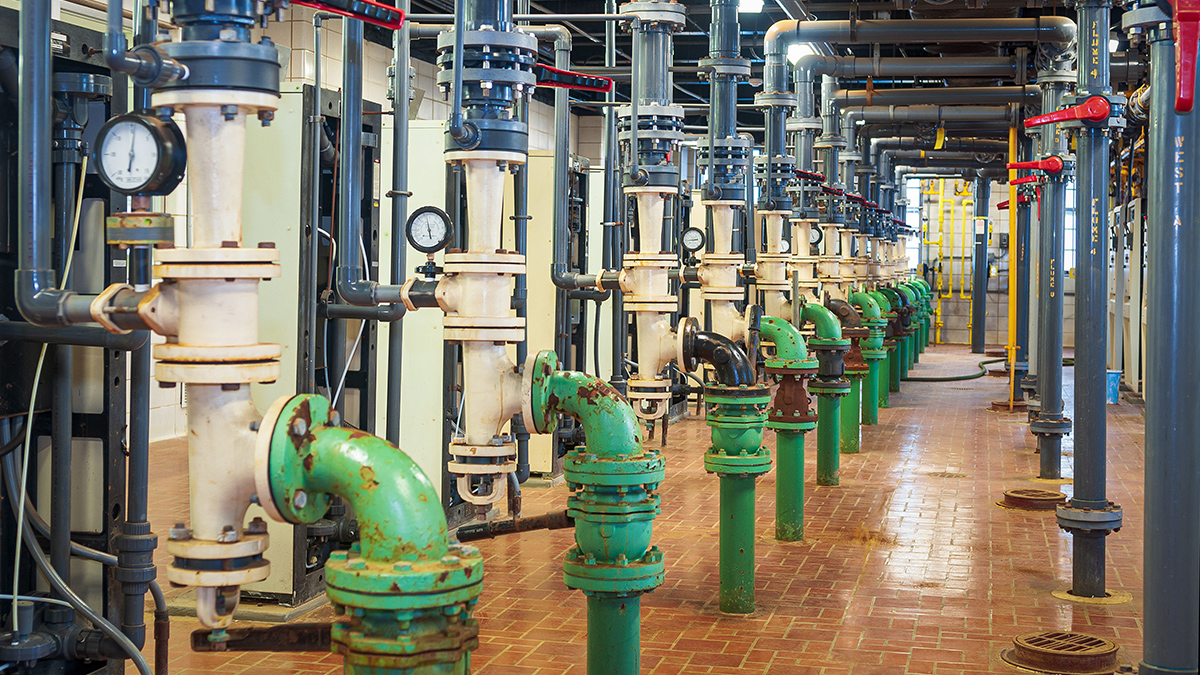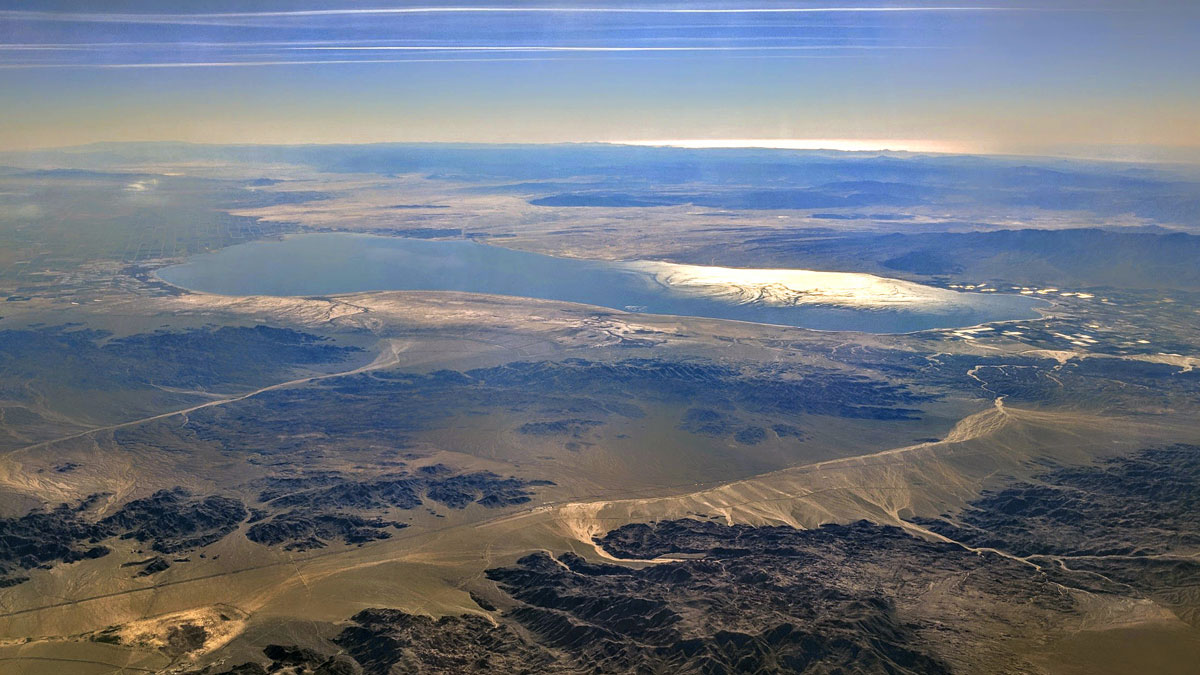The Trump administration’s intentions toward addressing climate change are clear: Federal agencies purged mentions of the climate crisis from their websites and slashed funding for mitigation tools such as the Future Risk Index. Now, those intentions are extending to health research: The National Institutes of Health (NIH) has begun to cancel funding for investigations into the health effects of climate change, and will not financially support new research on the subject, according to ProPublica and Nature.
geohealth
Will Its $154 Billion Price Tag Keep Dust from Being Swept Under the Rug?
Data from 2017 show that costs associated with dust were second only to hurricanes when comparing billion-dollar disasters.
Soccer Players Risk Heat Stress in World Cup Stadiums
Rapidly traveling between climate zones, all with different average temperatures, humidities, and oxygen levels, will place additional stress on players, staff, and spectators.
Unregulated Industrial Contaminants Detected in Some U.S. Drinking Water
Communities of color are more likely to have higher levels of these contaminants in their drinking water.
The Deleterious Dust of the Salton Sea
Coarse particulate matter deriving from California’s largest lake is linked to an increased risk of respiratory-related hospitalizations.
Wildfires Raise Concern About Remobilized Radioactive Contamination
Researchers collected soil and ash after the 2020 wildfires in the Chernobyl Exclusion Zone. Chemical tests suggested that the fires made it easier for contaminants to wash into nearby rivers.
Flint, 10 Years Later
In the decade since the start of the Flint water crisis, policymakers and communities have made improvements to the lives of residents, but opportunities for progress remain.
La falta de datos sobre la calidad del agua es una forma de injusticia ambiental
Hay escasez de información sobre la salud de los lagos en las comunidades marginadas.
Climate Change Is Driving Dangerous Bacteria Farther North
Satellite data could help address rising rates of vibriosis infections, often the result of eating undercooked seafood, along the East Coast of the United States.
Water Testing Builds Trust in Science as Maui Communities Recover
Following fires that ravaged the island in 2023, researchers educated residents about how wildfires affect water quality, and gathered data to determine how wildfire impacts change over time.










